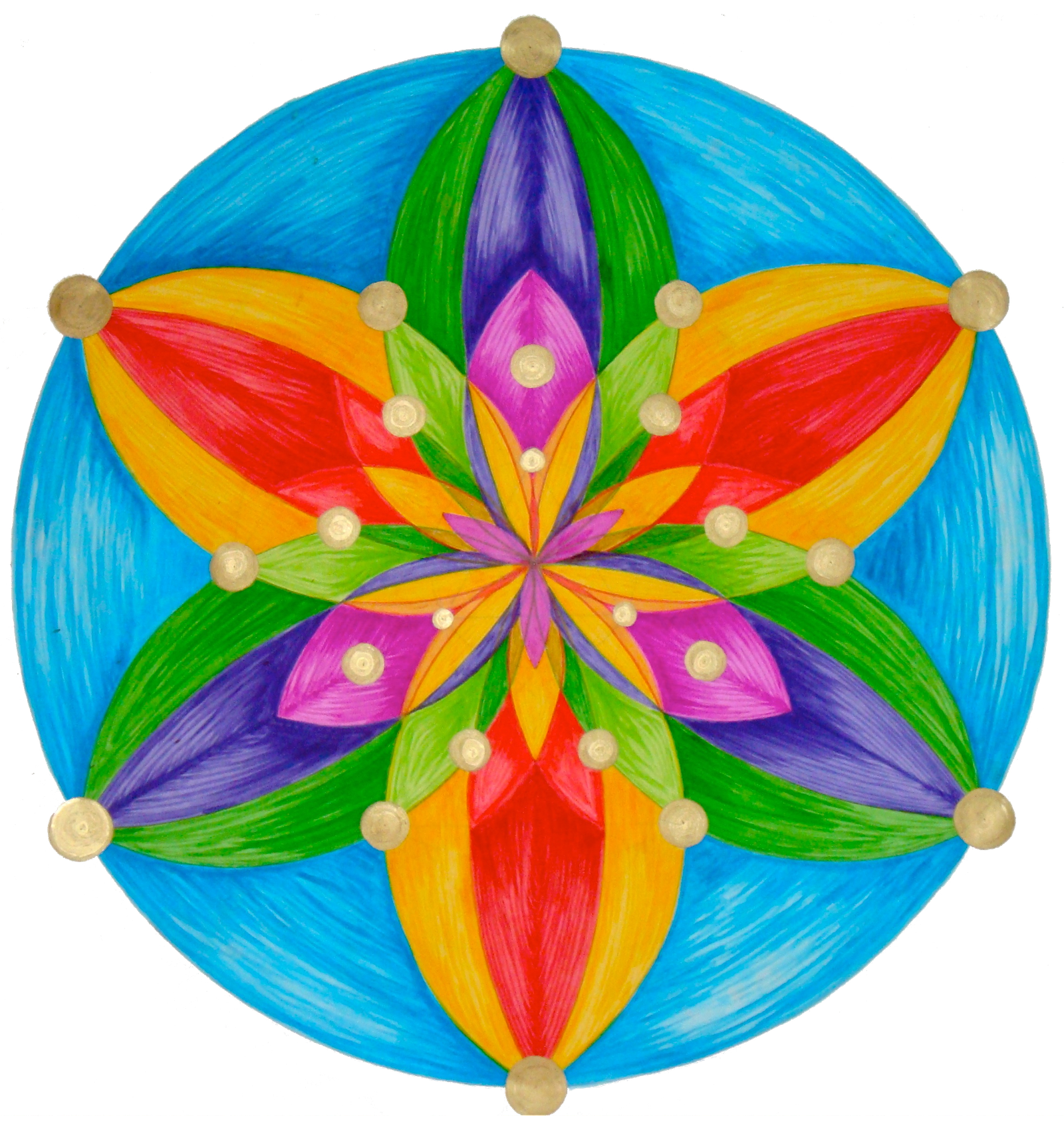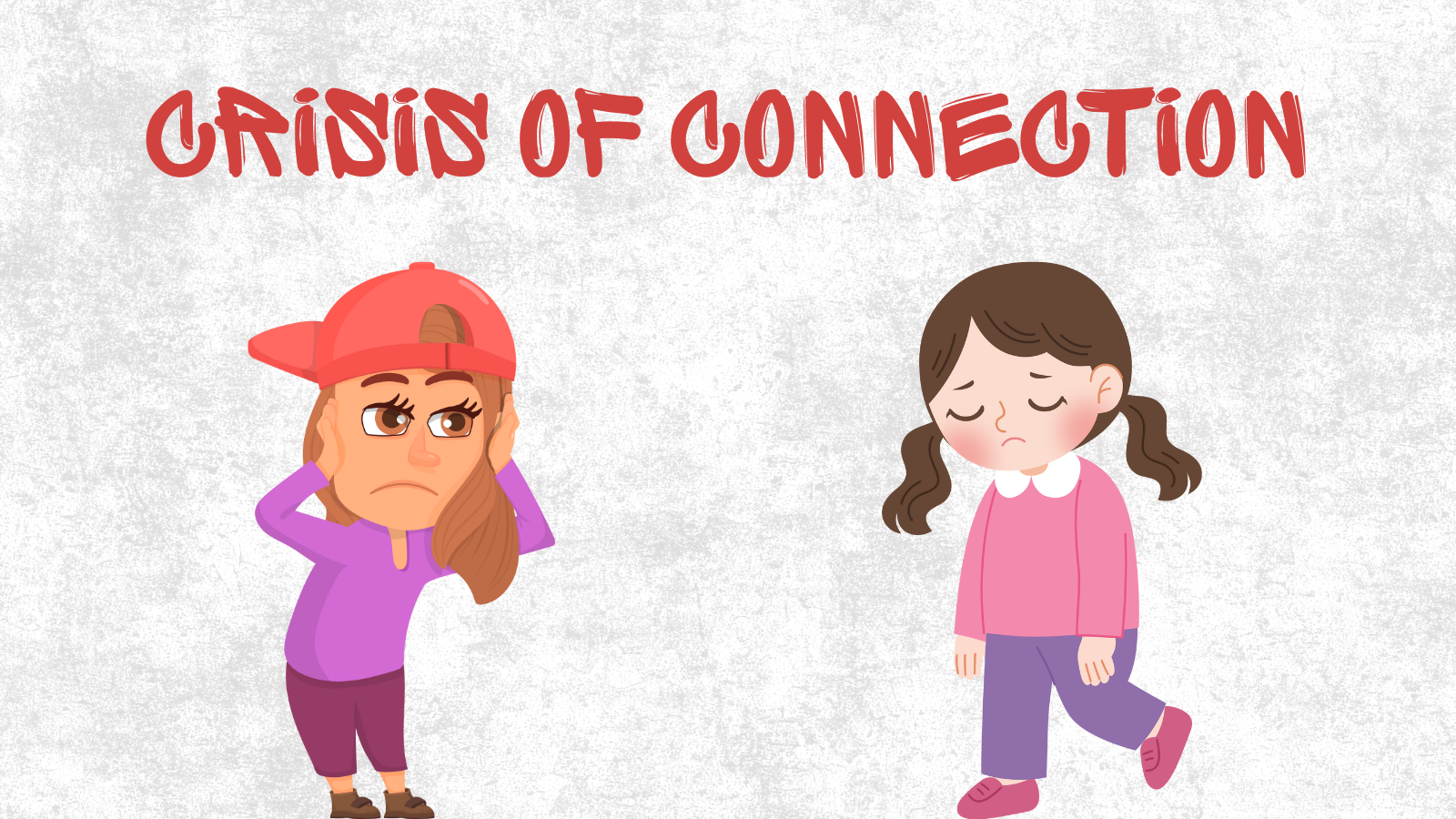Here’s something I’ve been wrestling with: We live in the most connected era in human history, yet people are drowning in isolation right in front of us. And when they reach out? We look away.
I watched myself apologize profusely the other day for doing something we’re now calling “trauma dumping.” Someone asked what had been going on in my life, and I answered honestly. I’m in an extremely difficult situation. I explained what happened, mentioned we’re working to change it, and suddenly I felt like I’d committed some social crime. That moment crystallized something I’ve been observing across our entire culture: We’ve reached a point where having problems has become socially unacceptable.
Let me ask you something uncomfortable: When did we collectively decide that struggling people should suffer in silence?
The Listening Recession: Understanding Our Cultural Moment
What I’ve observed is this: There are a lot of people going through hard times right now. Genuinely hard times. And societally, we’ve arrived at an extreme point of not wanting to hear about other people’s problems. Many people don’t care about anybody else, and people desperately reaching out for help are being brushed away with increasing efficiency.
The methods of dismissal have become sophisticated. We’ve developed entire vocabularies to demean people for struggling. “Trauma dumping.” “Negative energy.” “Bad vibes.” “Playing the victim.” Each phrase a tiny weapon designed to silence someone’s pain.
Here’s what makes this particularly insidious: Yes, there are people who talk about problems for the performative aspect of it. But there are also countless people having real struggles who get brushed aside using the same language. They’re trying very hard. Nobody’s working to help solve their problems, hence the desperation they experience.
When nobody wants to hear about it, talk about it, or help them, it doesn’t make the problem go away, it makes the problem worse. It makes them feel more desperate, more depressed, more isolated.
From a systems perspective, we’re creating a feedback loop of suffering. The more someone struggles, the more they require support. The more they express that requirement, the more they’re pushed away. The more isolated they become, the worse their situation gets. And the cycle accelerates.
Whatever Happened to Lifting People Up?
I keep coming back to this question: Whatever happened to people helping people? To lifting people up? To giving others a hand when they stumble?
Does it even exist anymore? I know it does. I’ve witnessed it, experienced it, but it’s become so unusual that when we see it, we’re amazed. We film it. We share it on social media like we’ve captured footage of a unicorn.
Here’s what nobody wants to admit: Most of us have been on both sides of this equation. You’ve had struggles where you desperately wanted someone to listen. And you’ve also been the person who just didn’t want to hear about someone else’s problems.
I’m not here to shame anyone. What interests me is the pattern. Why has this become our default cultural response?

The Trap: When Honesty Becomes a Problem
Let me tell you about the trap we’ve created. Someone asks you, “How are you doing? What’s been going on?” You’re struggling. So you answer honestly. You explain your situation; not to manipulate, not to extract sympathy, but because they asked and you’re trying to be authentic.
And suddenly, you can feel it. The energy shift. The slight withdrawal. Later, you worry: Did I just say to much them? Should I have just smiled and said I’m good?
So now what? People having a hard time can’t even talk about their actual real-life struggles at all? They’re isolated because they can’t talk to anybody. But how are you supposed to talk to anybody if you can’t actually talk about your life when your life is difficult?
The isolation compounds the problem exponentially.
Think about what this means practically. You’re going through something hard; maybe a divorce, a health crisis, financial collapse, grief, depression. Someone asks how you are. Your options are:
- Lie and say everything’s fine (deepening your isolation)
- Share honestly and risk being labeled as negative or dramatic (potentially losing the relationship)
- Give a vague non-answer that satisfies no one
None of these options lead to actual human connection. None of them lead to support. None of them solve anything.
The “Good Vibes Only” Ideology: Spiritual Bypassing at Scale
Here’s where it gets really interesting. In some social circles, especially in new age communities, but they’re far from the only ones, there’s this belief that if you’re around anyone who has struggles, their energy will contaminate yours. If your family member or longtime friend is suddenly going through something difficult, you can’t be around them anymore because somehow that’s going to make your life bad.
Let’s call this what it is: spiritual bypassing dressed up as boundary-setting.
The logic goes something like this: “I need to protect my energy. I’m manifesting abundance. Negative people will bring down my vibration.” And suddenly, your friend who just lost their job or your sister dealing with postpartum depression becomes someone you have to avoid for your own spiritual well-being.
What I’ve observed is that this framework conveniently allows people to abandon others without feeling guilty about it. It reframes compassion fatigue as spiritual wisdom. It turns away from suffering and calls it enlightenment.
But here’s the question nobody wants to answer: What kind of spiritual practice requires you to abandon people when they require you most?
The people on the receiving end of this? They’re experiencing something profound and damaging. Suddenly now, their friend, family member, or community won’t talk to them anymore because they have struggles. The message is clear: Your pain makes you unworthy of connection.
The Visible Crisis: A Systems-Level View
Drive through any major city right now. What do you see?
People living under bridges. Hundreds of people living in the streets, lingering around churches that help them with food at least. It’s everywhere. Every city I’ve traveled through in the past couple of years looks like New York City did when they released people from mental institutions en masse and put them on the streets.
Here’s what I want you to consider: How many of those people are there because they’re drug addicts or alcoholics? And here’s the deeper question: Why did they become that? Or did they become that after they got there because it was so depressing and they didn’t see any way out?
From a systems perspective, we have to look at root causes, not just symptoms. When someone can work full-time and still not afford an apartment, we’re not dealing with personal failure, we’re dealing with structural violence. The wages in many places will not afford someone an apartment. So what’s the point?
Try to go be a slave and still live on the street? It’s a circular cycle, and all of it feeds the major corporations, making the owners ultra-wealthy while the poor become even more enslaved.
We say we’ve gotten rid of slavery in this country, and we haven’t. It just has a different format. Like the slave who doesn’t know that they’re a slave. Except some of them are starting to figure it out.

Connecting the Dots: The Isolation-Economic-Compassion Matrix
Here’s the synthesis: These issues aren’t separate. The person who can’t talk about their struggles without being accused of trauma dumping, victim mentality, or some other insult; the ideology that says you should abandon people going through hard times, the economic system that ensures people work themselves to exhaustion while remaining homeless, they’re all connected.
What connects them? A cultural operating system that has fundamentally devalued human struggle and human connection.
We’ve created a society where:
- Struggling is a character flaw
- Asking for help is weakness
- Supporting someone through difficulty is a problem
- Economic survival requires constant productivity
- Rest and recovery are luxuries
- Care is conditionally offered based on whether someone “deserves” it
The yield of this system? Mass isolation. Epidemic levels of depression and anxiety. Rising suicide rates. Homelessness that we’ve normalized. A complete breakdown of community support structures.
What Solutions Actually Look Like
So how can we address this societally, culturally? How can we actually get beyond this? I’m seriously asking because I want to hear your thoughts, but here’s what I’ve observed:
At the Individual Level: We have to reclaim the right to be honest about struggle without apology. Not every mention of difficulty is a problem. Sometimes it’s just being human. When someone asks how you are, try answering honestly and see what happens. If they pull away, that tells you something important about that relationship.
Simultaneously, we have to examine our own discomfort with other people’s pain. Where does that come from? What are we protecting ourselves from? What would it cost us to actually listen?
At the Community Level: We have to rebuild mutual aid networks and support structures that don’t require people to be “worthy” of help. The churches providing food to homeless people, that’s a start, but it’s not enough. We require housing, mental health support, addiction treatment, and economic pathways that actually lead somewhere.
What would it look like to create spaces where struggle isn’t stigmatized? Where asking for help is normalized? Where supporting each other isn’t seen as “codependency” but as basic human decency?
At the Systemic Level: We require living wages. Full stop. If someone works full-time, they should be able to afford housing, food, and healthcare. This isn’t radical, it’s basic mathematics. When the system doesn’t provide this, we shouldn’t be surprised that people break under the pressure.
We require accessible mental health care that doesn’t force people to be in crisis before they can get help. We require addiction treatment that acknowledges the role of trauma and economic despair. We have to stop criminalizing poverty and start addressing its root causes.
At the Cultural Level: We have to challenge the narratives that equate struggling with failing. We have to push back against “good vibes only” culture and its toxic positivity. We have to recognize that authenticity sometimes means admitting things are hard.
We have to revive the understanding that helping people isn’t just charity, it’s how communities function. It’s how humans have survived for millennia. This rugged individualism experiment we’re running? It’s not working.
The Core Question We Keep Avoiding
Let me bring this back to center: How many people are really helping people who are struggling? Not performing charity for social media. Not offering thoughts and prayers. Actually helping: listening, supporting, showing up, advocating, providing resources.
And conversely: How many struggling people are out there who cannot find actual, honest-to-goodness help because people won’t talk to them? Because for some reason, it’s become a problem to be around people who have problems?
The answers to these questions tell us everything we need to know about who we’ve become as a society.
From a consciousness perspective, we’re being asked to evolve beyond transactional relationships and conditional compassion. We’re being asked to sit with discomfort instead of spiritually bypassing it. We’re being asked to see the systems creating suffering instead of blaming individuals for struggling within those systems.

Your Move: What Happens Next
Here’s what I want from you: I want your answers. I want to see a real conversation start.
Have you experienced this? Have you been dismissed for sharing your struggles? Have you found yourself pulling away from someone going through a hard time? What did that feel like on either side?
What solutions have you seen work in your community? What’s helped you when you’ve struggled? What’s helped you show up for others?
This isn’t rhetorical. I genuinely want to see comments on this; not just in my email, but in the response at the bottom of this article. Let’s start an actual dialogue about this.
Because here’s what I know: We can’t solve this problem individually. This is a collective issue requiring collective solutions. But it starts with acknowledging the problem exists, sharing our experiences, and being willing to imagine something different.
So let me ask you one more time: When did we stop listening? And more importantly, when do we start again?
Drop your thoughts below. Let’s figure this out together.
If you’ve found this post helpful and want to help keep this blog running, consider supporting with a small donation. Every bit helps!





Seems like people might think ‘I don’t have enough time’ to actually listen and be present. Now that I’m older, and my kids are grown, I have more time, and I can take the time to listen. Before there was a lot of rushing. I like being able to take a breath, and know that this moment is really all there is, and connecting with someone is important. I always thought it was funny when people would say ‘how ya doing’ and the response would be ‘yeah how ya doing’ and that would be the end of it. I started saying ‘fine thanks’ and not even bothering with the ‘and you?’